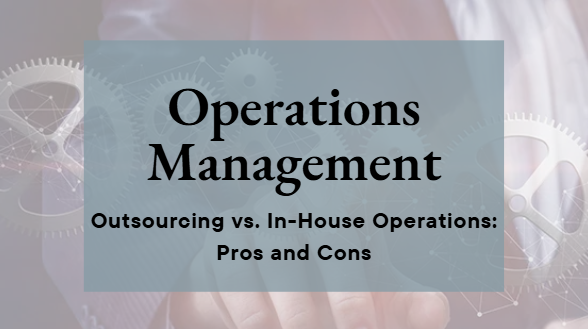
The way we work keeps changing, and so do the ways conflicts arise at the office. In 2024, a few key things could lead to more disagreements and misunderstandings in companies. Knowing these things and how to handle conflict smoothly is important for a happy and productive workplace.
What is Causing More Conflict in 2024?
The Work-From-Home Debate
With more people working from home some days and in the office on others, it can be harder to talk clearly and feel connected. This can lead to arguments about how to work together, who gets assigned what tasks, and how to judge how well someone is doing if they are not always in the office.
Example: Someone who works from home might feel like their boss does not appreciate their work as much as the people who come into the office every day. This feeling can lead to frustration and arguments within the team.
The Economy’s Ups and Downs
When the economy is shaky, people might worry more about keeping their jobs and having enough resources to do their work well. This can lead to arguments about budgets, which projects get the most money and even possible layoffs.
Example: Two departments might need money for their projects, but there is only enough for one. This could lead to a fight over who gets the funding.
Strong Opinions Outside Work
The world seems more divided than ever these days. These arguments can spill over into the office. People with strong feelings about things happening outside of work might disagree with their colleagues and get into arguments.
Example: A casual conversation about a current event escalates into a heated argument because the people involved have very different opinions.
Challenges with Diversity and Inclusion
Even though companies are trying harder to be more diverse and inclusive, unconscious bias (thinking patterns we might not even realise we have) and a lack of people from different backgrounds can still lead to misunderstandings and conflict. Feeling left out or treated unfairly can hurt employee morale and make it harder for people to work together well.
Example: Someone feels they were passed over for a promotion because of their race or gender. This can lead to them feeling resentful and angry towards their boss or colleagues.
Why Dealing with Conflict Matters for HR Management
If conflict isn’t handled well, it can cause big problems for a company:
Less Work Getting Done: Constant arguments and tension create a stressful environment, making it hard for people to focus on their work.
People Leaving: If a workplace is negative because of conflict, employees might quit and find new jobs.
Relationships Damaged: Unresolved conflict can strain relationships between colleagues, making it harder for them to work together as a team.
Legal Trouble: Sometimes, unresolved conflict can even lead to legal problems, like lawsuits for harassment. This can be expensive and time-consuming for the company.
How to Deal with Conflict as an HR Manager
Fortunately, there are things companies and employees can do to address and resolve conflict in the workplace:
Deal with it Early: The sooner conflict is addressed, the easier it is to manage. Encourage open communication and address concerns promptly before tensions escalate.
Talk it Out: Active listening, clear communication, and focus on finding solutions instead of assigning blame are crucial for successful conflict resolution.
Focus on What Matters, Not Positions: Focus on understanding the underlying needs of all parties involved rather than simply arguing for fixed positions.
Get Someone to Help: An impartial third party can help people communicate and find common ground. This can be an HR representative or a trained mediator.
Compromise and Work Together: Finding solutions that address the concerns of all parties involved is key to a successful resolution.
Example: A manager intervenes when two team members disagree on a project approach. By facilitating an open discussion focusing on their needs and goals, the manager helps them reach a compromise that incorporates both ideas.
The Role of HR
The HR department plays a vital role in managing conflict within the organisation:
Setting the Rules: Clear company policies on workplace behaviour, anti-discrimination, and grievance procedures establish a framework for addressing conflict fairly and consistently.
Training People: Providing training programs for employees on communication skills, conflict resolution techniques, and DE&I awareness can equip them to handle disagreements constructively.
Helping People Talk: HR professionals can act as mediators in conflict situations, facilitating communication and helping parties reach a resolution.
Looking into Issues: In more serious situations, HR may need to investigate allegations of harassment or discrimination and take appropriate disciplinary action.
Mastering Conflict Management with PGDM HR
To manage conflict resolution like a pro, enroll for the Best Distance PGDM HR courses. This Post Graduate program in Human Resource Management offers the latest skills and knowledge in the domain.
MIT School of Distance Education offers Post Graduate Diploma in HR courses that provide you with the right skills to excel in these top management positions and discover your true potential, whether in entry-level or experienced HR jobs.
Designed by a team of educational experts and Human resource professionals, the course takes into consideration the up-to-the-minute developments and trends in the field.



